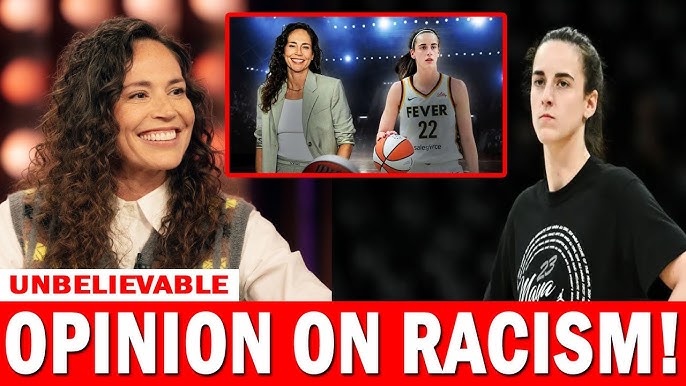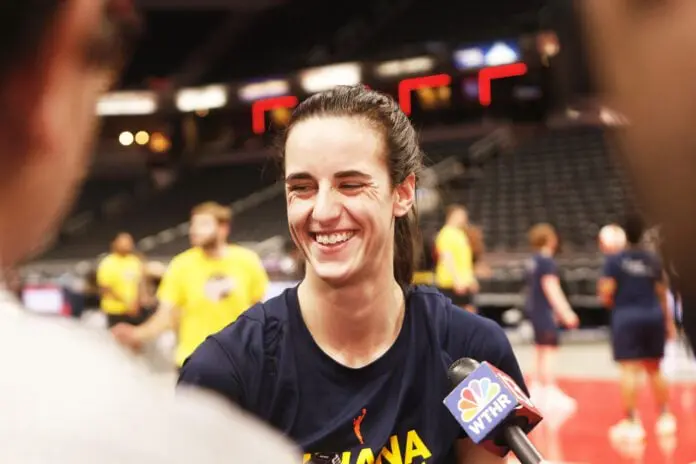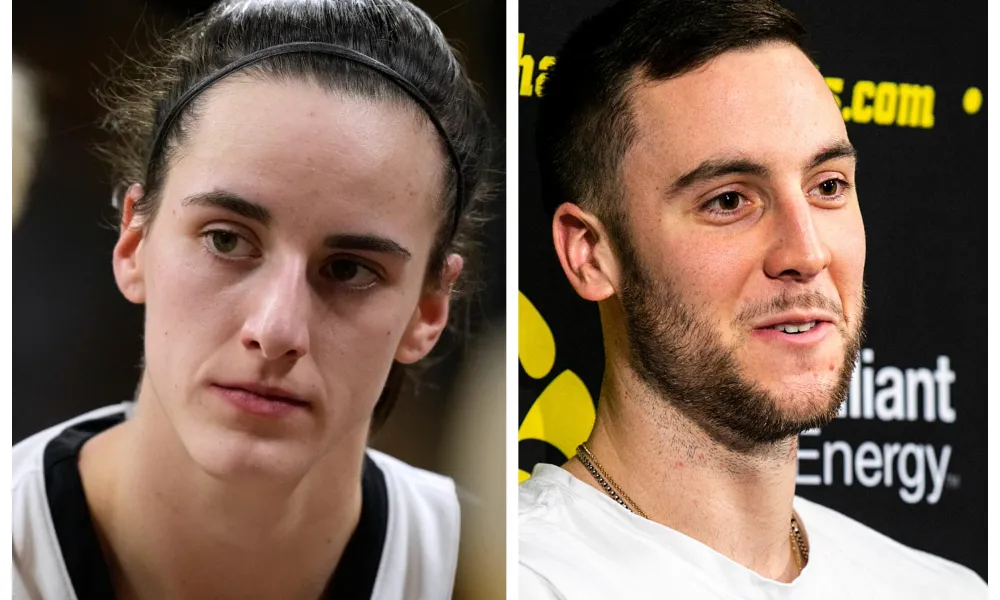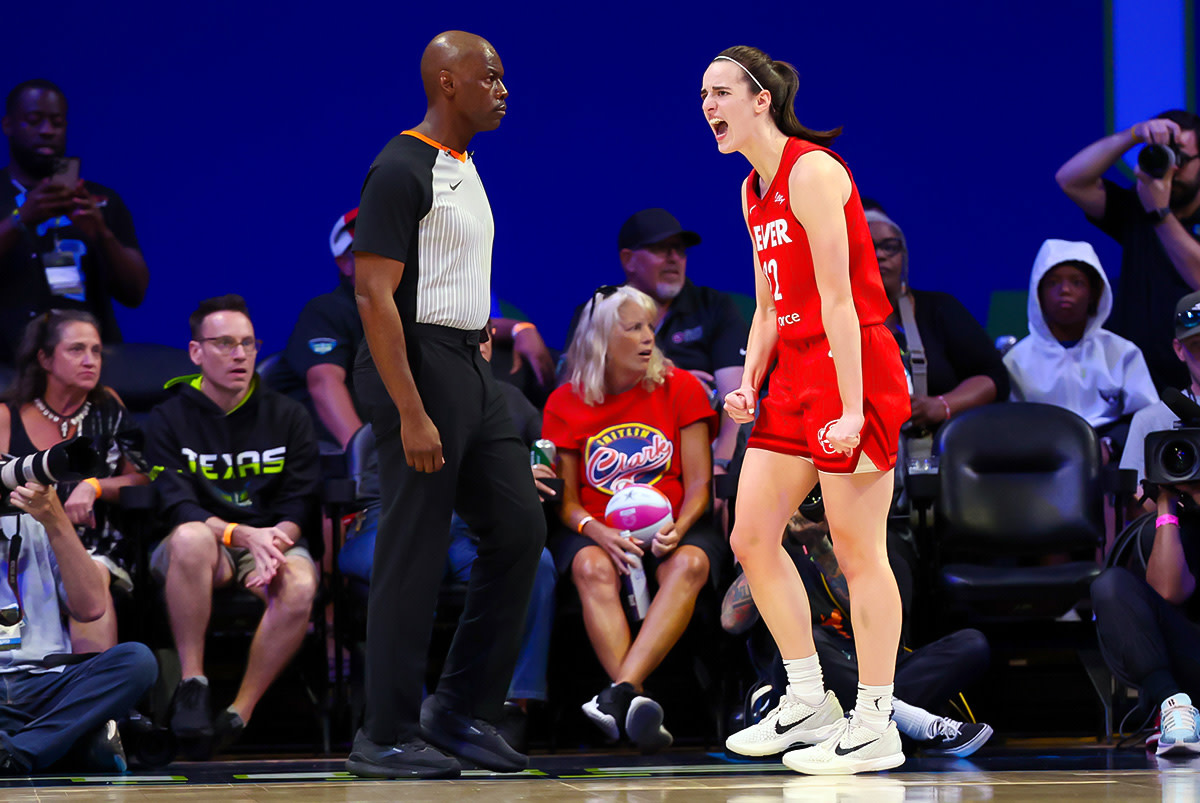Caitlin Clark’s rookie season came to a close on September 25, following an 87-81 loss to the Connecticut Sun in the WNBA Quarterfinals. Her first year in the league was marked by both her significant cultural impact and record-breaking offensive performance.
WNBA legend Sue Bird addressed the controversies surrounding Clark’s debut season during her *A Touch More* podcast, expressing empathy for the challenges Clark faced in navigating the league’s politically charged environment. “Racism has been affecting the WNBA long before this year,” Bird said. “Caitlin didn’t bring racism to the league—she’s being used as a pawn. This has been happening, and it’s surprising that others are shocked by it.”

Clark, the No. 1 overall pick in the 2024 WNBA Draft, entered the league after an exceptional college career at Iowa, where she led her team to consecutive national championships and set the all-gender NCAA scoring record. She was tasked with revitalizing the struggling Indiana Fever franchise.
Before even playing a game for the Fever, Clark joined an exclusive group of all-white WNBA players—Elena Delle Donne, Diana Taurasi, Sabrina Ionescu, and Breanna Stewart—with their own signature shoe deals. This dynamic sparked criticism from A’ja Wilson, who, shortly after signing her own Nike deal, voiced concerns about the underappreciation of Black women’s achievements in the league.
Controversy followed Clark throughout her season, notably during a June 1 game against rookie standout Angel Reese and the Chicago Sky, where Clark was knocked to the floor by a Chennedy Carter hip check, which was later deemed a flagrant foul. The incident led to heated debates online, with Connecticut Sun guard DiJonai Carrington posting a cryptic message on X that seemingly accused Clark of staying silent in the face of bigotry and discrimination.
During Clark’s brief playoff run against the Sun, Carrington revealed that she received a death threat after accidentally hitting Clark’s eye on a defensive play. Sun forward Alyssa Thomas also claimed that the Fever fanbase exhibited some of the most racist behavior she had encountered in her 11 years in the league, with many observers describing the atmosphere at Mohegan Sun Arena as unusually hostile.



